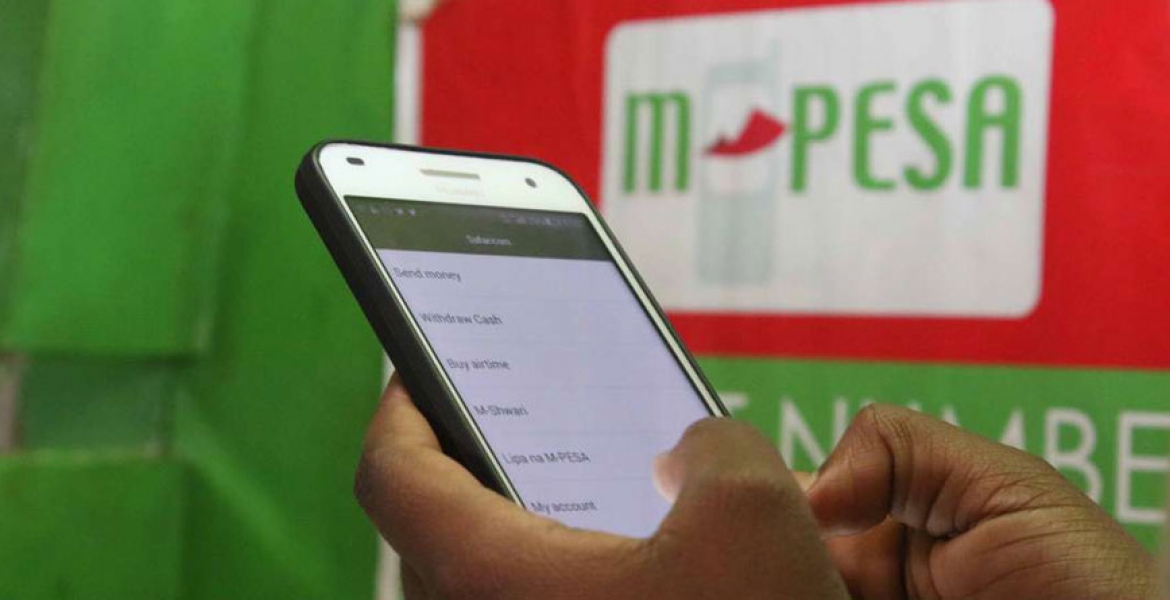How Kenyans are Being Conned Through Sim Card Swapping Fraud

Many Kenyans using mobile money transfer service have fallen victims to a recent scam involving mysterious swapping of sim cards.
After swapping sim cards, fraudsters then withdraw any money saved in the mobile cash account and even apply for quick loans from services such as MShwari, leaving the owner counting losses by the time they regain control of their sims.
For instance, Sammy Wanaina received a text message asking him to provide a secret personal pin so that his sim card could be swapped.
This is despite having not requested for a new card from the service provider and it's at this point he realized he was in the process of being conned.
"It was a brief call and I did not give any of my details," Mr Wanaina said.
He immediately called Safaricom to report the incident. Minutes later, he lost access to his sim services only to get back control after three days. This happened even when he hadn't provided any details to the suspected fraudster- and reporting the fraud to Safaricom.
Stanley Wanjiku, a Member of County Assembly (MCA) in Kiambu lost Sh1.9 million from his account after falling to a trap by conmen.
The politician says he received a notification that he could no longer access his mobile wallet and was directed to call a certain number to fix it. He did it without suspecting he was being robbed.
His security code was changed and attempts to access his mobile cash account were futile. He had been defrauded.
"I do not know how my mobile money PIN was regenerated and issued to strangers. I am at a loss how they identified themselves," Mr Wanjiku said.
William Makatiani, a cyber-security consultant told Daily Nation that cases of hacking into mobile phones has become rampant in recent months.
"Sim swapping has become a big problem especially in Nigeria since 2016. It started picking up in Kenya in the last half of last year," he was quoted as saying.
This week, the Communication Authority of Kenya (CA), an agency that regulates the mobile phone industry, warned Kenyans on the scam. Safaricom has also urged users not to give out personal information or respond to strange calls and messages.








Comments
When people loose money from…
Permalink
When people loose money from their bank account, the bank takes responsibility. The bank does that because it has the power to trace transactions. Safaricom should and must be held responsible for their systems. Safaricom has the power to trace transactions. If Safaricom cannot safeguard it's clients personal information, it should not be allowed to operate until such a time that it invests enough to protect the common mwananchi. God help Kenya!!!
Add new comment